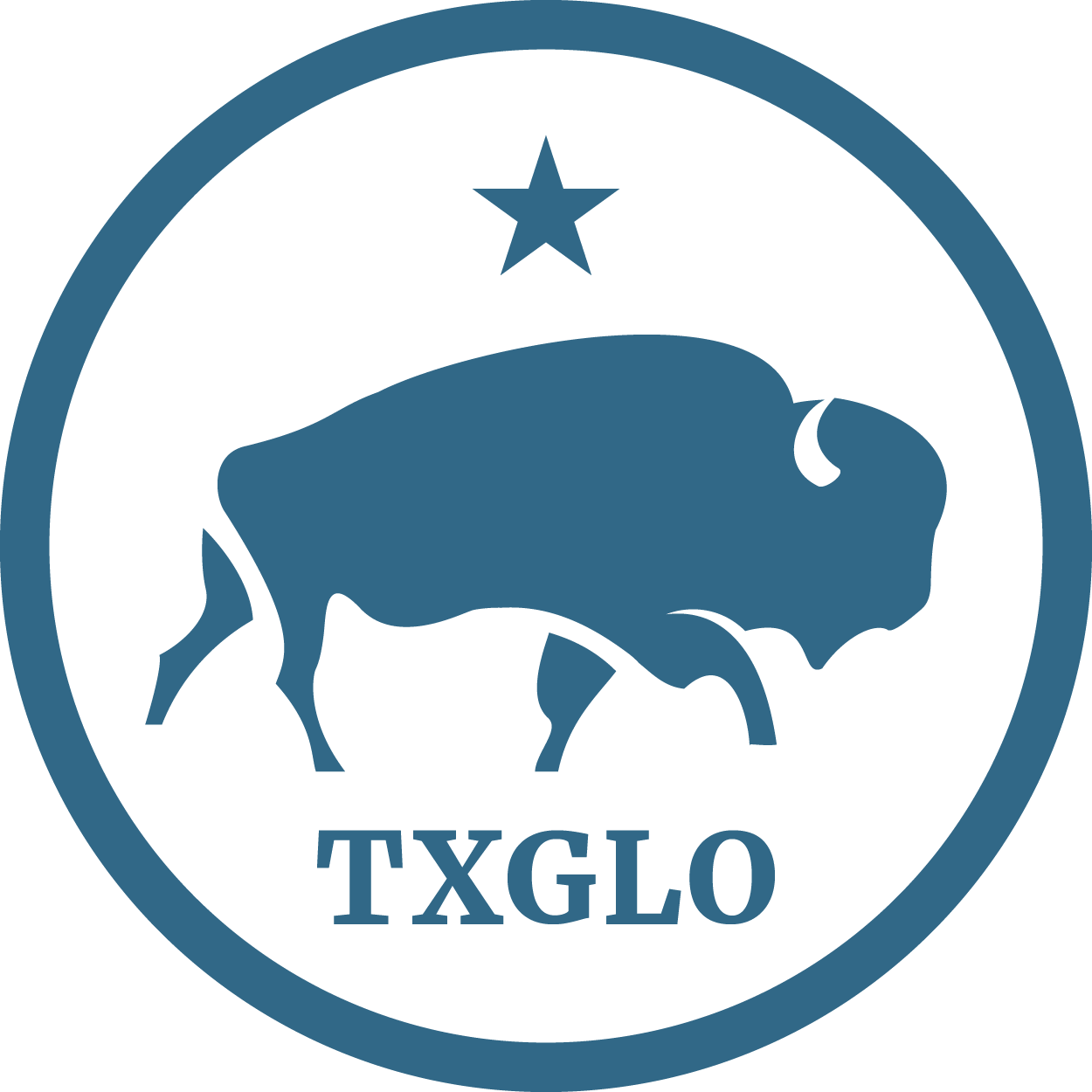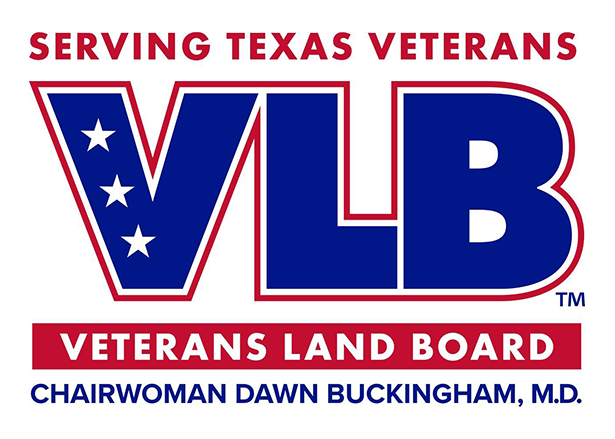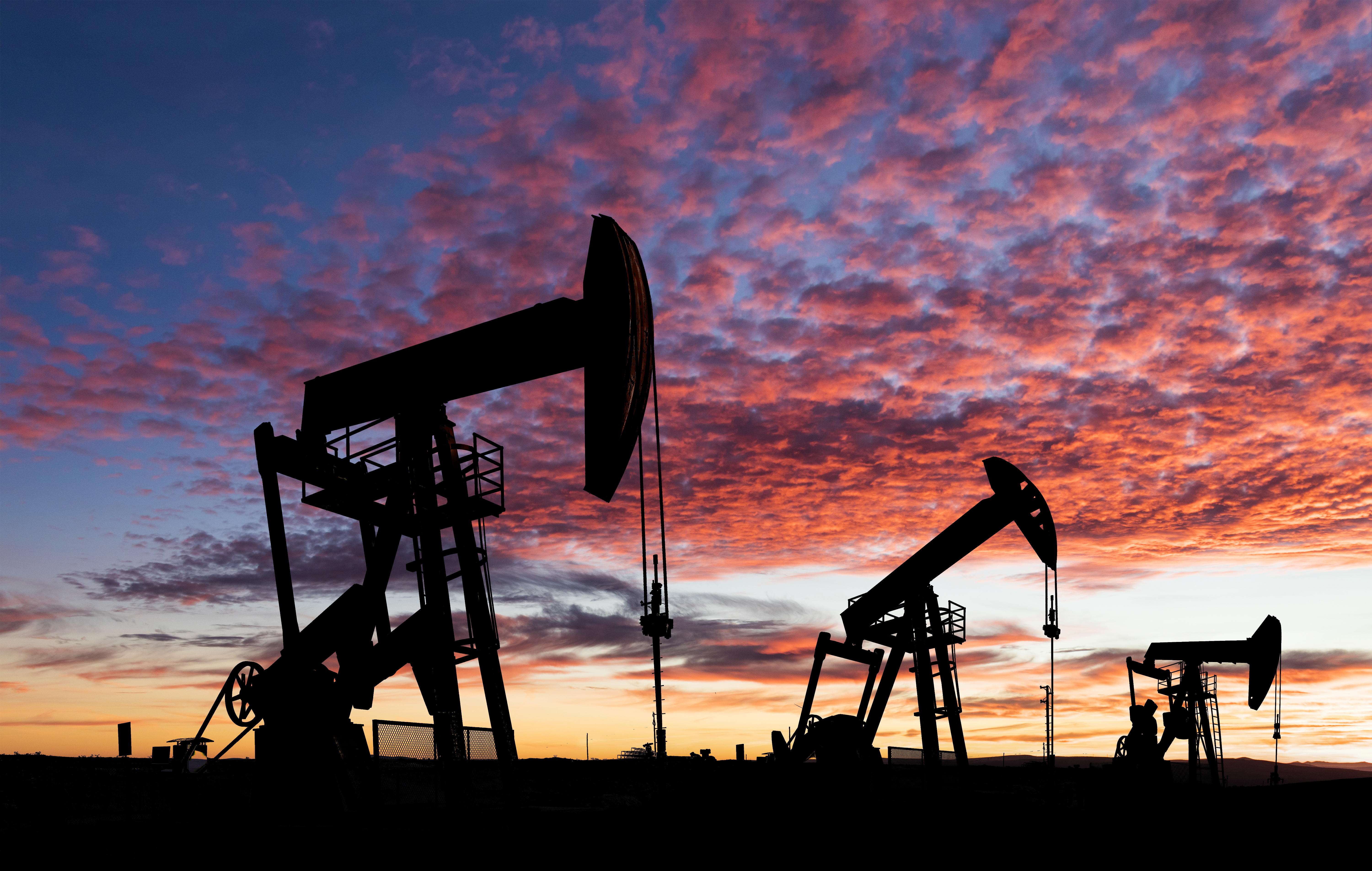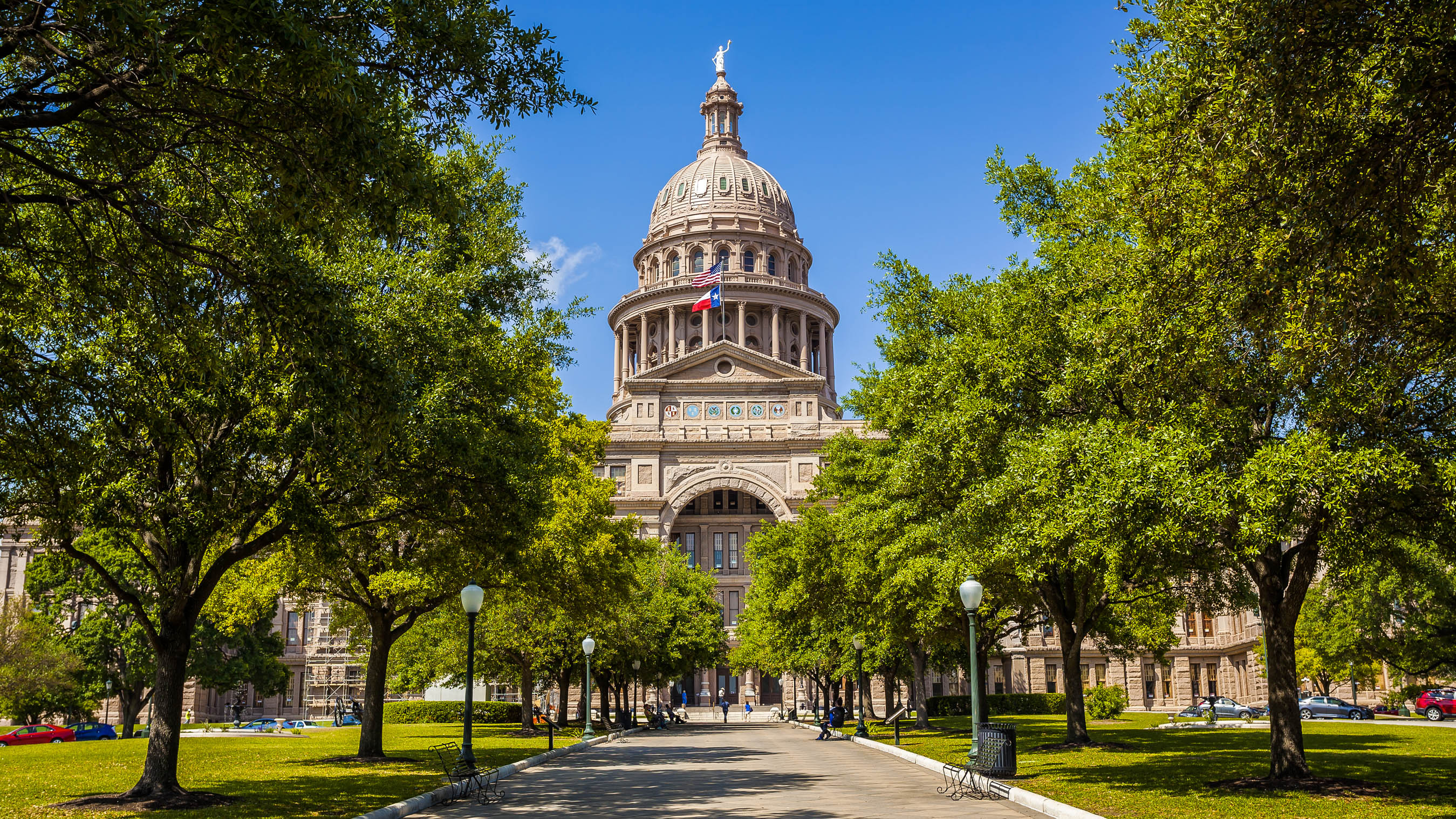Overview
POLICY AND BEST PRACTICES FOR METHANE EMISSION REDUCTION
Texas General Land Office and School Land Board ensure responsible oil and gas operation practices
As the second largest state in our nation, Texas is a vital part of the national economy and plays an enormous role in providing energy for all Americans. Our abundant resources are harnessed to fund public education and prepare Texas school children for a promising future.
A promising future however, is not guaranteed for our children if responsible methane emission reduction is not considered. We must take painstaking efforts to minimize waste and contamination.
It is vital to ensure the “highest degree of care and all reasonable safeguards to prevent contamination or pollution of any environmental medium,” as the policy states.
The Best Practices for Methane Emission Reduction Policy addresses the flaring and venting of gas as produced from the PSA's mineral states and includes a list of recommended best practices for minimizing emissions from oil and gas operations.
It is the policy of the Texas General Land Office (GLO) and the School Land Board (hereafter, collectively the GLO) that all lessees and producers of the mineral estate owned by the Permanent School Fund (PSF) should use all reasonable means to (i) minimize or prevent contamination of ambient air by any waste, pollutant, or contaminant, including methane, during exploration and production activities, and (ii) avoid the physical waste, flaring or venting of gas produced from the PSA's mineral estate.
The GLO manages the real assets of the PSF, including its mineral estate, the income from which is Constitutionally dedicated to the support of public education. The GLO is not a regulatory agency with regard to oil and gas operations or the PSA's mineral estate. Therefore, the GLO seeks to implement its stated policy through its contracts (mineral leases) and the rules it promulgates in support of its mineral estate management obligations.








